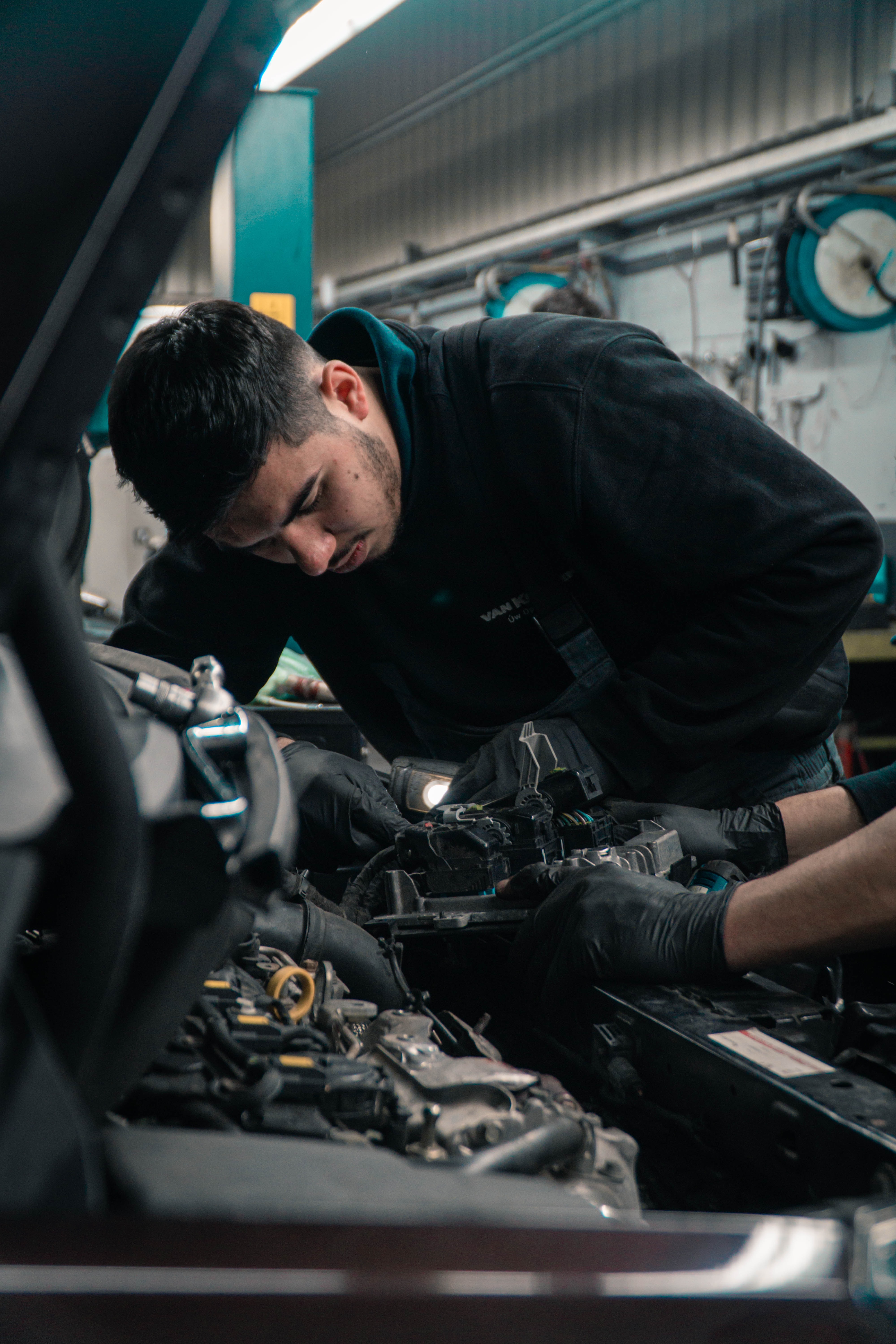
Market Trends in Extended Car Warranties and Vehicle Service Contracts
Consider the following scenario: You go to buy a used car and you’re offered an extended vehicle warranty. You think, “I won’t need that; if the car breaks, I’ll just get it fixed.” Weeks or months down the line a part fails, and now you realize just how expensive a replacement part is, not to mention the labor. You start wishing you had considered a protection plan when buying the car, such as a Vehicle Service Contract (VSC).
One of the most frustrating aspects of car ownership is when it breaks down and requires repairs that will take large amounts of time. That’s the reason Vehicle Service Contracts and warranties are even available in the first place: Vehicles can — and do — break down.
In the past, some protection plans were meant to cover parts failures and nothing more; consumables and maintenance would not have even been considered coverable. Of course, that’s changed over the years; with so many different brands competing for market share, no car company can afford to leave a customer stranded. You have to do your research on what works best for your needs.
Buyers who want more protection can purchase a Vehicle Service Contract, and many choose to. Thanks to automotive market trends driving up the prices of new cars and new car maintenance, car shoppers want to protect themselves from costly repairs should something go wrong. VSC’s are a way to care for car buyers and ensure that, should their vehicle break, there won’t be an interruption in the owner’s life.
Evolution of Extended Car Warranties
Car warranties have been in existence in one form or another for roughly a century, but they looked quite different in the 1920s than they do now; in 1925, for instance, Ford’s warranty would have covered just 90 days for materials and only 30 days for labor.
Nevertheless, as automakers sought to super-serve customers and poach customers from rival companies, automotive warranty market trends shifted toward improving customer service and strengthening coverage plans. As cars became more durable and reliable, manufacturers became more confident in offering longer-term warranties.
Following suit, factory vehicle protection plans started covering more time and mileage; Ford itself offered a one-year/12,000-mile warranty in the 60s, though the Lincoln Continental received a two-year/24,000-mile plan. The 1980s saw a massive increase in factory warranty term lengths, with six and seven-year plans becoming commonplace; in its last year of production, the International Scout had a 5-year/100,000-mile warranty.
Today, factory warranties vary quite a bit; Tesla offers an 8-year/150,000-mile warranty, but Chevrolet, Ford, Honda, and Toyota all have only 3-year/36,000-mile bumper-to-bumper warranties.
In any case, many of today’s warranties offer roadside assistance — a collection of services that provides free towing, fuel delivery, jumpstarts, and even locksmithing to in-need drivers. Warranty holders may even get rental car reimbursement while their vehicle is in for service or repair. Such comprehensive protection plans seek to make car ownership (or at least a specific brand’s car ownership) more convenient.
However, those warranties will run out, leaving your vehicle unprotected. That’s why there are Vehicle Service Contracts to help protect against those expensive repair costs.
How IoT and Smart Devices Have Impacted the Car Warranty Market
Today’s cars have more computing power and technological implements than even the space shuttle that took mankind to the moon back in the 60s. All that connectivity does add complication and expense to constructing, repairing, and maintaining vehicles. However, it still comes with huge advantages; radar cruise control, lane-keep assist, collision avoidance, and self-driving technologies are all systems that make cars easier to use and safer despite all requiring complex electronics.
With regard to Vehicle Service Contracts, these systems have another major advantage: system monitoring. Cars with such vast connectivity can make it easier to diagnose the problem. Below are some ways the Internet of Things (IoT) and smart devices make the process better than ever:
Automatic Repair Analysis
Suppose that your car needs new active engine mounts; traditionally, you would likely notice that your car is vibrating more than usual, so you would take it to a mechanic, who would then diagnose the issue and recommend replacement mounts. You would then contact your VSC administrator to go over the cost and possibly search for different shops based on the price of the repair.
With a smart connected car, that entire process becomes a thing of the past: An onboard computer can sense an issue with the engine mounts, immediately send that information to a smart contract, assess whether the parts would be covered under your plan, review the conditions, and approve a repair claim. Then, the car would alert you, the owner, that the engine mounts need replacing for you to contact the repair shop to repair the issue.
Factors Contributing to Vehicle Service Contract Market Growth
As we alluded to earlier, all of the added convenience and technological advancement of modern cars comes at a cost: complicated, connected electronic systems are expensive to produce, replace, and maintain, and even without considering such innovative systems, there’s still the factor of inflation. Costs rise for materials and repair work the same way the cost of milk goes up.
Add to that the feedback loop of more expensive cars requiring more expensive materials and more expensive repairs, and more customers have realized that the defense that a vehicle protection plan provides simply makes economic sense.
Automotive warranty market trends show that more customers are not just relying on an initial factory warranty but a Vehicle Service Contract to keep the protection going; after all, as cars age, they’ll only need more protection, not less.
Key Challenges Facing the Extended Auto Warranty Market
Getting a protection plan is a great idea for keeping worthwhile cars on the road, but there are still issues that can cause aggravation.
The original heights of the COVID-19 pandemic may feel like a distant memory to many, but it remains one of the primary factors in the automotive industry supply chain problems. Parts were already hard to come by, and suppliers struggled to keep up with the demand created when people decided to stick with older cars and keep them running.
Lastly, inflation is bound to be a factor for vehicle service contract companies, too: Price plans will rise as coverage needs rise, and there are also unknowns in the industry.
Extended Vehicle Warranty Outlook for 2030
Vehicle costs, whether they’re incurred from purchases, repairs, or maintenance, will continue to rise, especially as cars become more connected to the IoT. The increase in complexity will necessitate higher levels of protection to maintain functionality, and materials costs will not be going down anytime soon, either. As more countries increase their overall wealth, build roads, and become more connected themselves, more automobiles will be leaving factories than ever before.
All of that is to say that these automotive market trends will increase the need for drivers to consider a Vehicle Service Contract. There’s no other direction the industry can go; buyers will increasingly see the need for protecting what is a vital, indispensable part of their lives. Your car is still an essential item that takes kids to school, family members to get-togethers, friends to concerts, and so many more activities.








